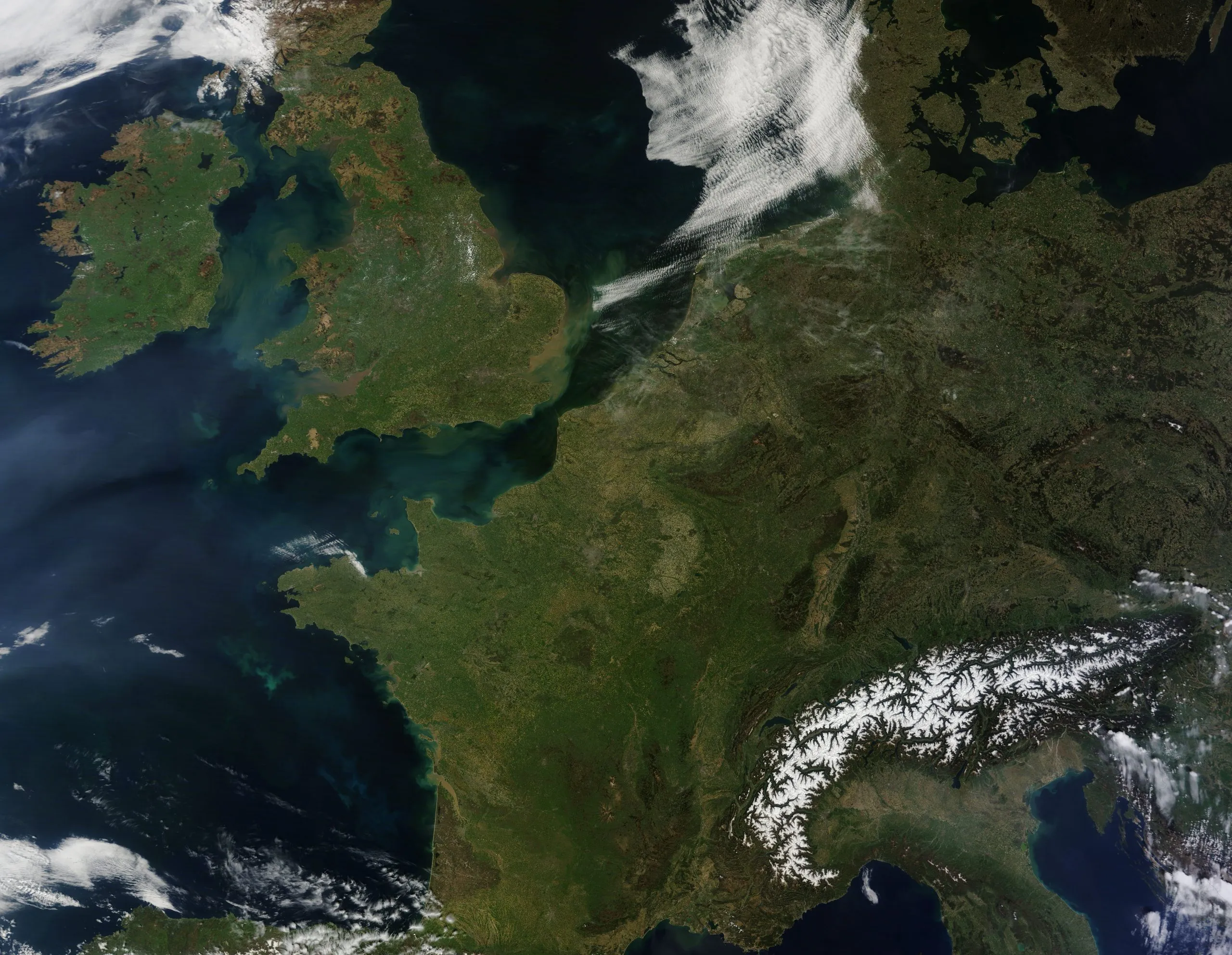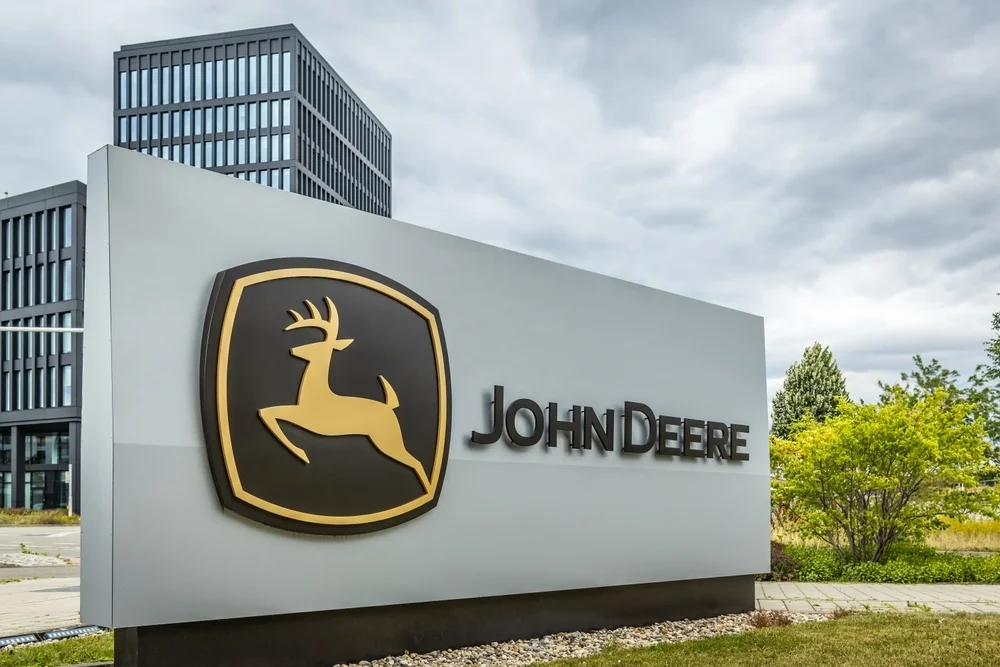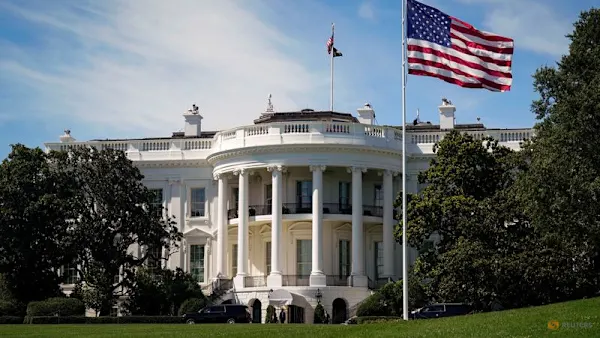Copyright SpaceNews

Amazon Web Services, or AWS, is the largest cloud provider in the United Kingdom. It holds between 40 and 50% of the market for Infrastructure-as-a-Service, and its technology underpins the National Health Service, the Ministry of Defence and a wide range of public utilities and private companies. When there’s an outage, therefore, the effect is profound. And that’s just what happened on October 20. AWS went down. But it didn’t just happen in the U.K. It happened everywhere. And across Europe, in the hours that AWS was down, airports, banks, hospitals, media outlets and government services were disrupted. Some went completely offline. The incident showed how dependent we’ve become on a handful of overseas technology providers. This goes beyond cloud computing: it extends across the digital and physical networks on which modern life in Europe depends. The AWS outage was a technical failure. But the fact is that the world is becoming more dangerous. Hostile states are probing Western networks daily, searching for vulnerabilities. Satellites are being jammed, spoofed and attacked in orbit and cyber-threats are growing more and more sophisticated. Relying on a handful of foreign technology providers is a strategic risk, not merely a commercial one; and incidents like the Amazon Web Services outage serve to signal to hostile actors how dependent we have become. If we find ourselves at war with one of those hostile actors — some senior officials in the U.K. believe we are already at war with Russia — then that war will be fought at ‘machine speed’. This is how the Commander of UK Space Command described the pace of a conflict fought with satellites, sensors and AI. Resilience will come down to infrastructure, and who owns, builds and secures it. Europe can’t afford to discover too late in the day that the foundations of its digital economy lie elsewhere and out of its control. The space sector makes for an illuminating case study. Europe’s space industry is growing fast, with new entrants from across the continent pushing the boundaries of what’s possible in launch, Earth observation, communications, navigation and countless other areas. Yet much of this ecosystem still depends on non-European providers – most noticeably Elon Musk’s SpaceX. Though the aim of the Airbus-Thales-Leonardo merger is to build a “European champion” to rival SpaceX, it doesn’t look likely that this will really happen for some time. It’s unlikely that SpaceX will pull the rug out from under European space. But the fact that it could, and that this would leave Europe struggling to compete in space, is a worry, and one that should make us think about critical infrastructure elsewhere and who controls it. There is a positive side to all of this. We all know from experience that sometimes we need a push in order to do something that will ultimately be of benefit to us. Europe is awash with talent, incubated in research institutions and universities across the continent. That talent often leaves Europe for the United States or Asia, where it’s easier to access funding and grow. Now, there is a real incentive for Europe to redirect funds towards supporting those scientists, engineers and others developing new technology in labs from Rennes to Rome, from Manchester to Munich, as well as the spin-offs and start-ups that grow out of those institutions. That will keep the talent here, and give them the means to scale and IPO. But this is not a call for protectionism. Nor am I saying Europe should turn its back on its allies and partners. Europe should remain open, dynamic and globally engaged. But its openness must not shade into dependence. For more than a decade now, European leaders have been calling loudly for strategic autonomy, and now is their chance to turn that vision into a reality, because having sovereign critical infrastructure is central to European independence. This is about ensuring that the essential functions of society — communications, navigation, data storage and defense — can endure even when global systems falter. And they will falter. Whether by accident or by design, no technological system is completely immune to failure. But a single technical fault thousands of miles away should not be able to bring down broadcasters, hospitals or airports in London, Paris or Berlin. Europe has to support its domestic providers, strengthen collaboration between partners across the continent, and make sure that future space infrastructure mainly serves shared public interests, rather than private commercial ones. In a turbulent and dangerous world, this seems like a small thing to ask. Victoria Pearson is the co-founder and Managing Director of communications consultancy, Sonder London. She advises senior figures across the public and private sectors in space, defence, deeptech and climate intelligence, and she runs the popular Substack The View From Space. SpaceNews is committed to publishing our community’s diverse perspectives. Whether you’re an academic, executive, engineer or even just a concerned citizen of the cosmos, send your arguments and viewpoints to opinion@spacenews.com to be considered for publication online or in our next magazine. The perspectives shared in these opinion articles are solely those of the authors.



